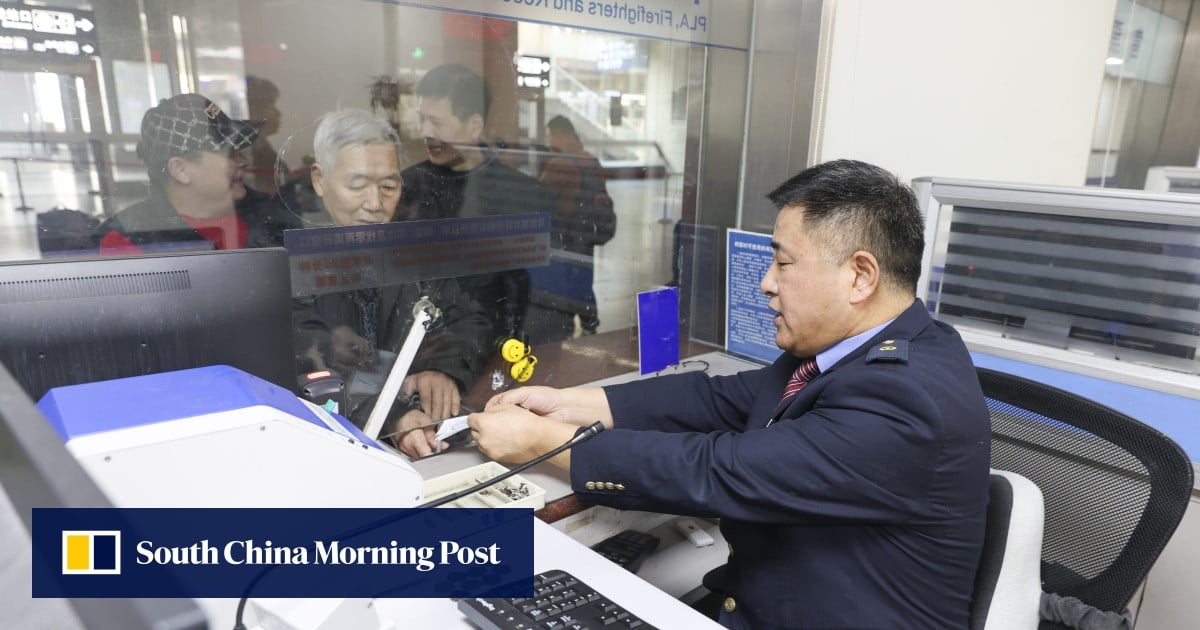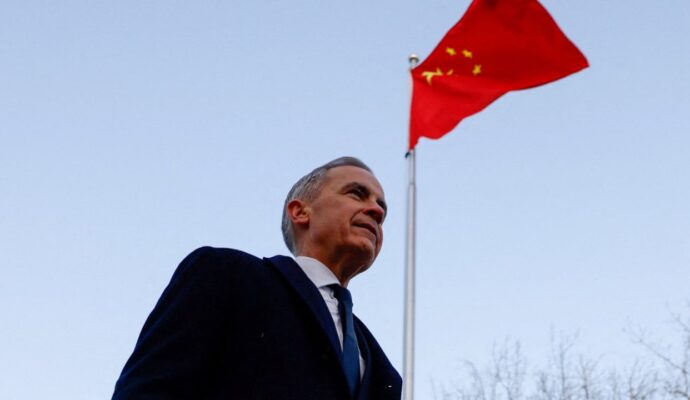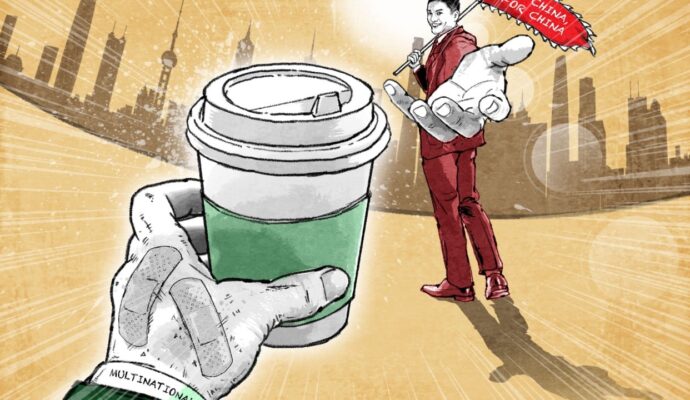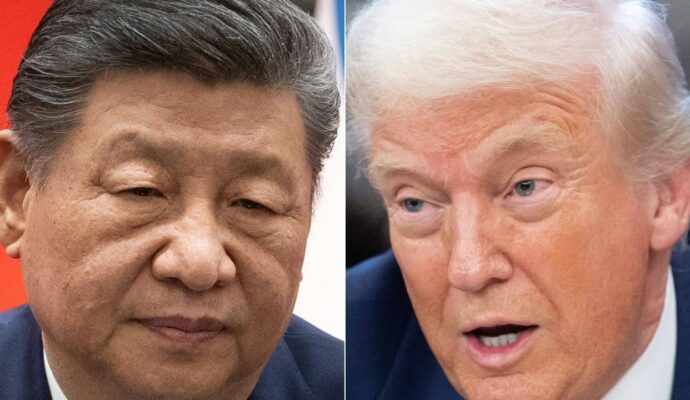
China’s economy is struggling to regain momentum, facing multiple challenges including persistent deflationary pressures, a prolonged housing downturn and mounting local government debt.
The government is drawing on a well-used playbook of using government debt to fund infrastructure to help lift the economy as consumers are wary of spending amid uncertainty on income.
In January, new orders expanded at a slower pace with the index falling to 51.5 from 53.7 in December. Companies, hence, marginally increased headcount for the second consecutive month, said the survey.
The prices charged subindex fell for the first time since April 2022. The survey attributed that a number of monitored firms cut their fees to attract new customers and to boost sales.
“The economy contends with significant challenges marked by numerous uncertainties and adverse factors,” said Wang Zhe, senior economist at Caixin Insight Group.
“This status quo has yet to experience a fundamental reversal.”
Given that there is still room for further adjustments in fiscal and monetary policies, policy measures need to be strengthened
Service sector business confidence for the year ahead was the lowest in three months.
The Caixin/S&P’s composite PMI dipped to 52.5 last month from 52.6 in December.
“Given that there is still room for further adjustments in fiscal and monetary policies, policy measures need to be strengthened,” said Wang.
“Crucially, policies should facilitate effective communication and positive interaction with the market.”
The country would maintain fiscal expansion this year to spur an economic recovery, vice-finance minister Wang Dongwei said last week, reinforcing market views that public spending will be the government’s main tool to lift growth.


